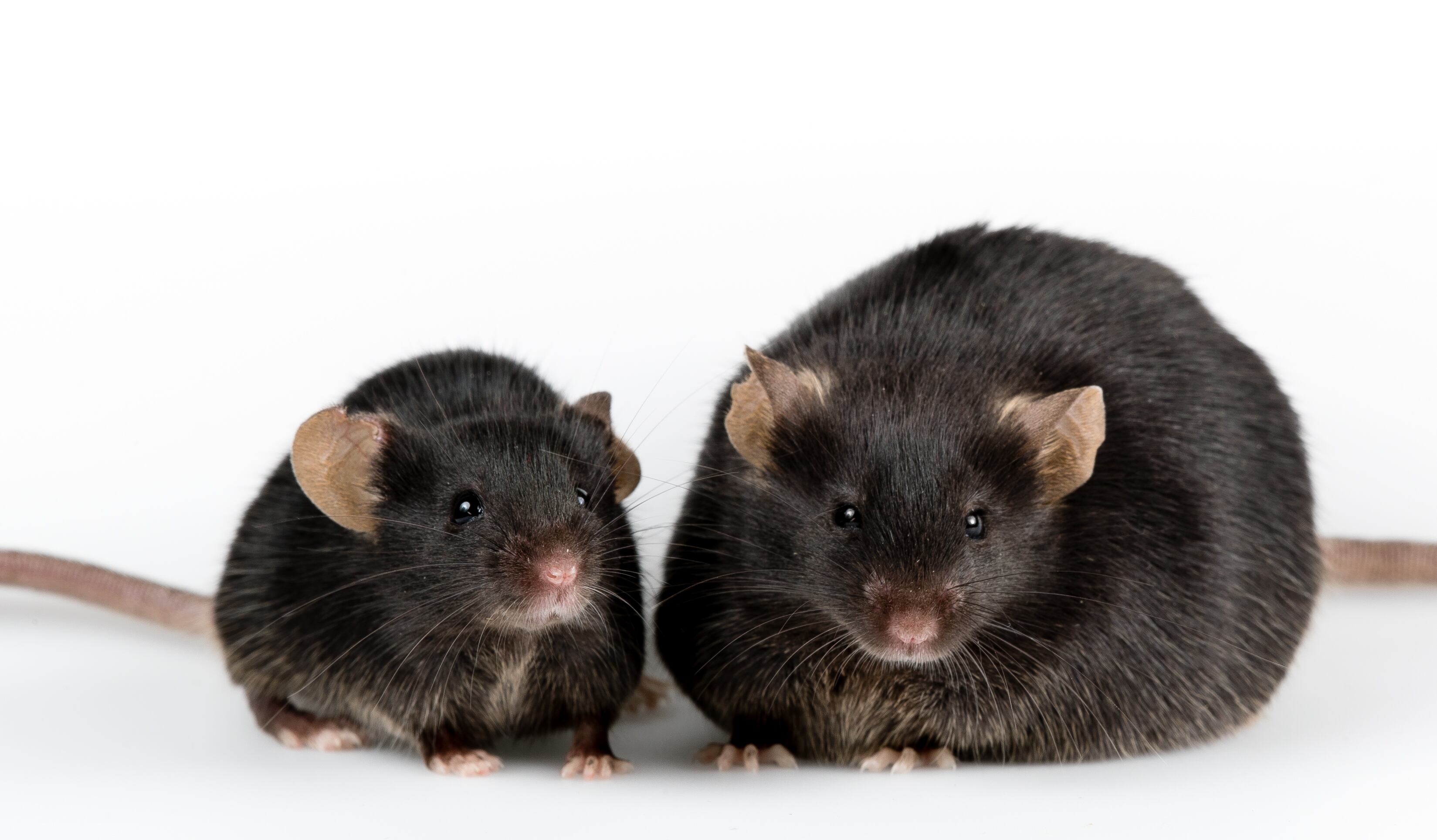The cause of MS is multifactorial, with disease risk determined by genetics and environmental factors.
One emerging risk factor for immune-mediated diseases is an imbalance in the gut microbiome. However, the identity of gut microbes associated with disease risk, their mechanisms of action, and the interactions with host genetics remain unknown.
Growing research suggests that the gut microbiome modulates risk of MS, but the specific bacterial species, and the role of host genetics, have yet to be determined.
The study
The study was published in the journal Proceedings of the National Academy of Sciences. Researchers utilized the principal autoimmune model of MS, experimental autoimmune encephalomyelitis (EAE) to modulate the gut microbiomes of genetically diverse mice, interrogated by microbiome sequencing and targeted microbiome manipulation.
To determine which features of these microbiomes conferred higher susceptibility to MS-like disease, the researchers isolated different bacterial species from the complex mix and transferred them to new mice, one at a time.
Findings
The researchers identified Lactobacillus reuteri as a commensal species that was unexpectedly associated with exacerbation of EAE in a genetically susceptible host, which was functionally confirmed by bacterial isolation and commensal colonization studies.
While the findings suggest L. reuteri is bad in this particular situation, the researchers noted that this bacterium originally came from a genetically distinct mouse host that was normally resistant to MS-like disease. This further suggests that the genetics of the host will determine if a particular microbiome state is "good" or "bad."
The findings further highlight the complex interactions between host genetics and environmental factors which drive susceptibility to multiple sclerosis, and suggest that antibiotic or probiotic strategies to prevent or treat multiple sclerosis should take into account host genetics, the pre-existing gut microbiome, and the timing or mode of the intervention.
Considerations
The authors point out that probiotics were not the focus of the research, rather focusing on how normal commensal bacteria interact with the host.
Additionally, bacteria that is "bad" for an autoimmune disease such as MS may actually be "good" in other contexts.
It’s also worth noting that these probiotic bacteria are genetically very distinct from their commensal counterparts, and the authors are currently exploring this possibility.
So while the study may seem to offer more questions than answers, it does appear that benefits (or lack of) depend on the context. For instance, a number of studies have used high dose daily treatment with probiotic strains of Lactobacillus to reduce MS-like disease in mice.
Dimitry Krementsov, assistant professor in the Department of Biomedical and Health Sciences at UVM, who led the study, said a more personalized approach is needed.
"Our gut bacteria are part of a complex ecosystem that holds great potential for the prevention, treatment, and/or diagnosis of chronic diseases. However, many scientists have been going at it with a one-size-fits-all approach, and our research suggests that this is unlikely to work.”
Source: Proceedings of the National Academy of Sciences
October 19, 2020; https://doi.org/10.1073/pnas.2002817117
“Interactions between host genetics and gut microbiota determine susceptibility to CNS autoimmunity”
Authors: T. Montgomery et al.




